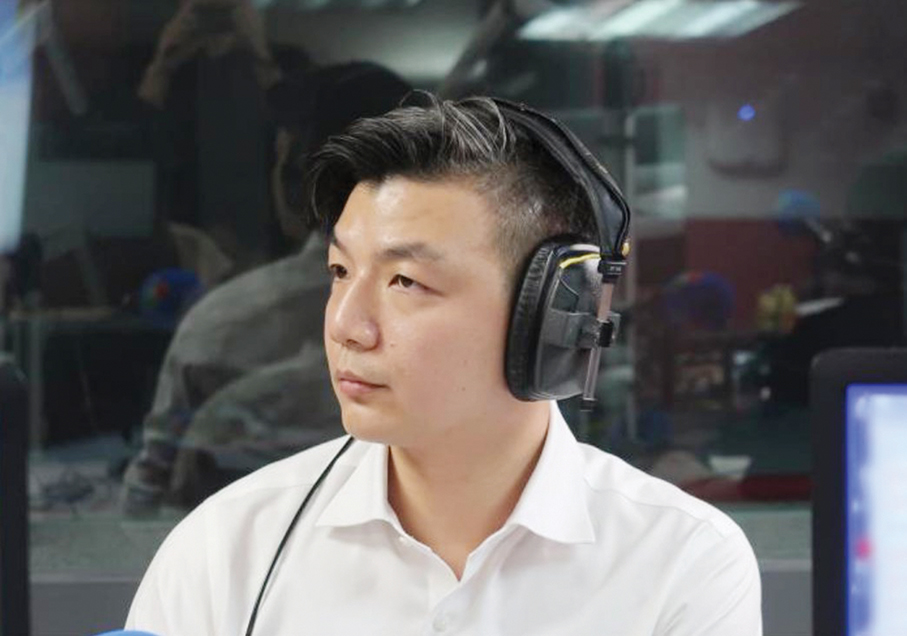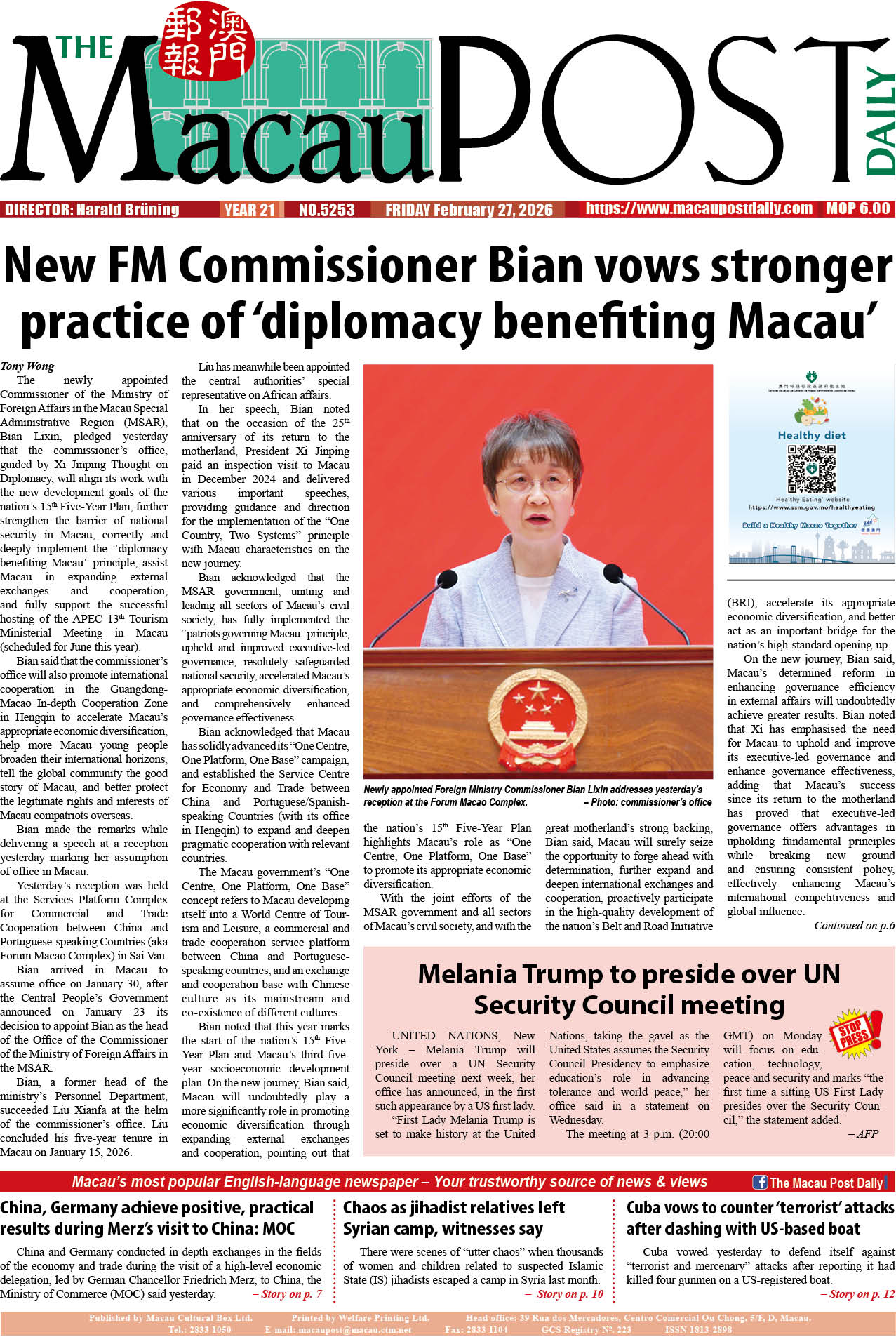The Education and Youth Development Bureau’s (DSEDJ) Non-Tertiary Education Department Chief Luís Gomes said yesterday that since 2011 five phases of the government’s continuing education subsidy scheme have been carried out, with more than 1.36 million participants.
Gomes made the remarks in a phone-in programme hosted by public broadcaster TDM’s Chinese-language radio station, Ou Mun Tin Toi.
Gomes said the data indicated that the continuing education programme has been fully embraced by the general public.
In addition, electronic surveillance of the continuing education subsidy scheme has been introduced since 2020, and more than 8,400 inspections of local education institutions have been conducted since last year, and the number of non-compliance cases has dropped from 58 to two only.
Gomes also said that in order to make better use of the government’s subsidies and avoid any waste of human resources due to an individual’s absence from the courses, subsidies for one-on-one courses and driving lessons would be provided on a “pay first, apply later” basis, and residents could claim the subsidies after attending the courses with a certain attendance rate.
Some members of the audience raised concerns in the phone-in programme about why the government’s subsidies do not cover the tuition fees of extra driving lessons if the participant fails his or her driving test and intends to retake their test.
Gomes underlined that the subsidies will only cover 25 hours of driving lessons for a different vehicle or 15 hours of lessons for an upgraded vehicle model after the participants have taken their driving tests, whether they fail them or not.
However, Gomes noted that if the participants fail the tests and have to have extra driving lessons, they have to take at least a further five-hours of driving lessons according to one’s need, the fees of which would be borne by the continuing education scheme, but the government has plans to stop subsidising these auxiliary hours due to residents’ low take-up rate.
Gomes said the decision aimed to ensure the proper use of public funds.

The Education and Youth Development Bureau’s (DSEDJ) Non-Tertiary Education Department Chief Luís Gomes (centre) addresses yesterday’s phone-in programme hosted by public broadcaster TDM’s Chinese-language radio station, Ou Mun Tin Toi. – Photo courtesy of TDM







